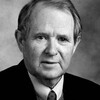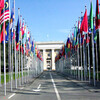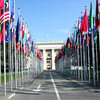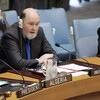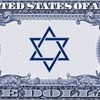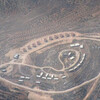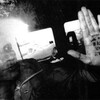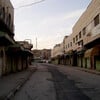
4th annual Chicago Palestine Film Festival 2005, April 15-May 3
24 March 2005
The Chicago Palestine Film Festival begins April 15 at the Gene Siskel Film Center and continues from April 29 to May 3 at St. Xavier University in Chicago. The 23 film selections for this year include films from Palestine, Israel, Europe, and North America. This truly reflects the diversity of perspectives of Palestinians in exile and diaspora as well as non-Palestinian filmmakers who have made excellent films about the country and its people. In contrast to previous years, we have an large number of feature/narrative films as well as personal and hard-hitting documentaries and even an animation. Read more about 4th annual Chicago Palestine Film Festival 2005, April 15-May 3
